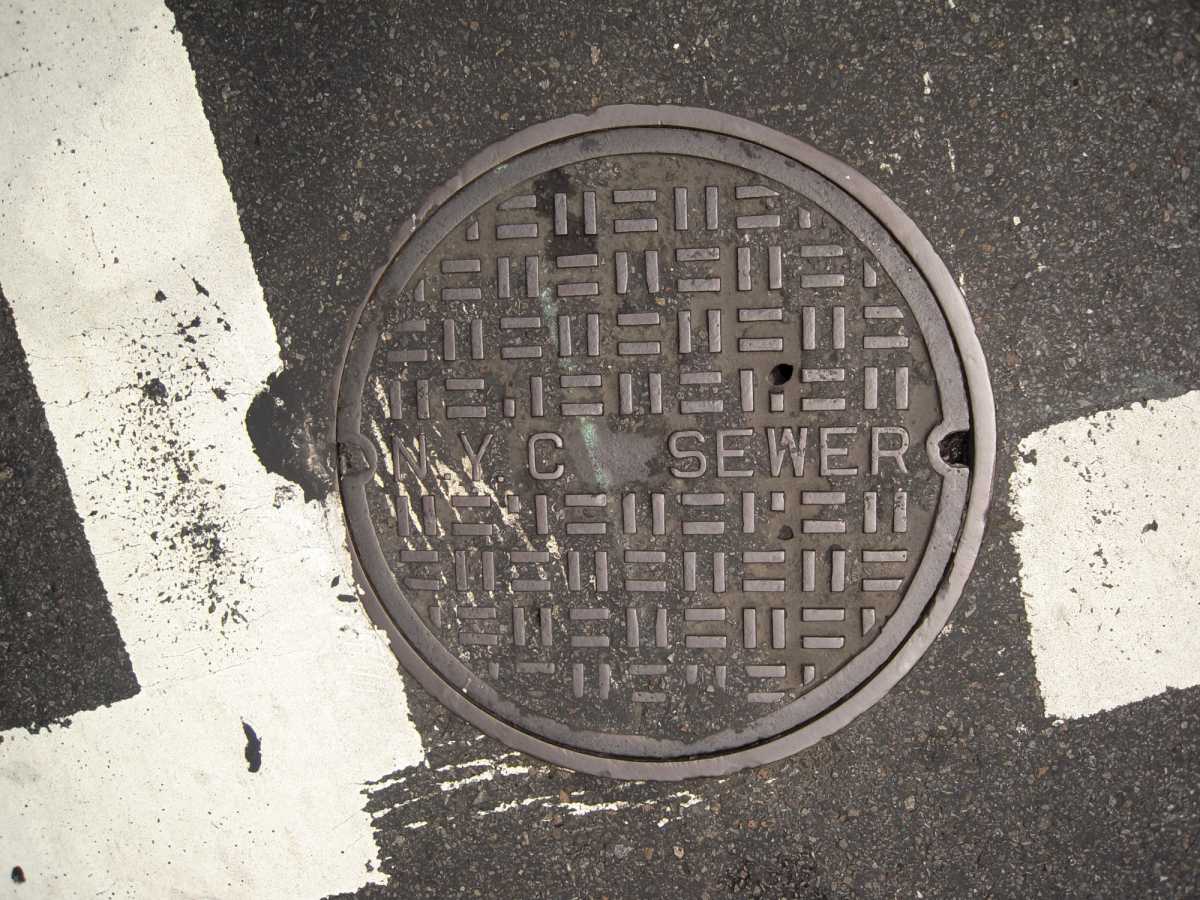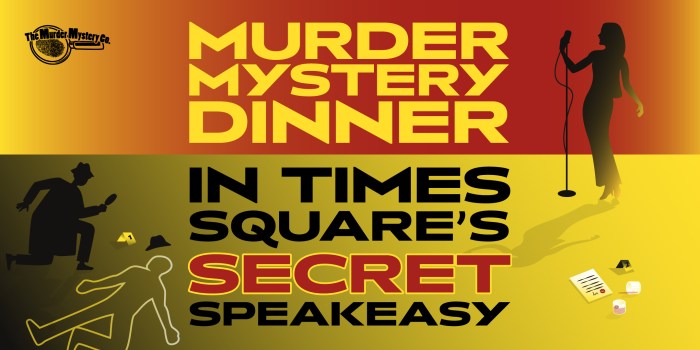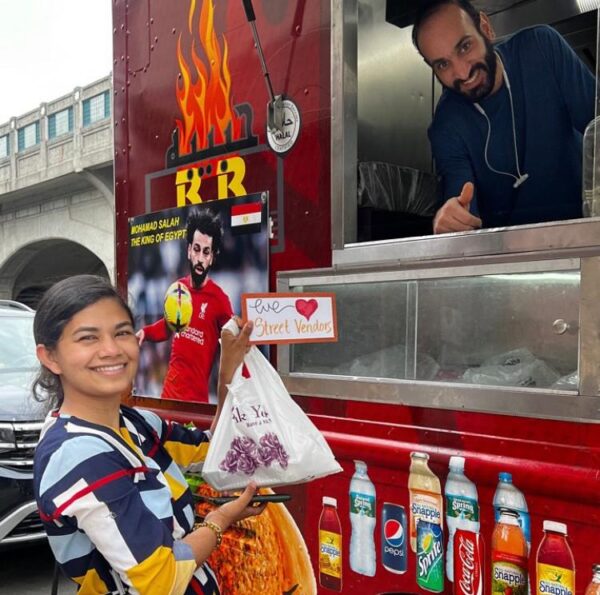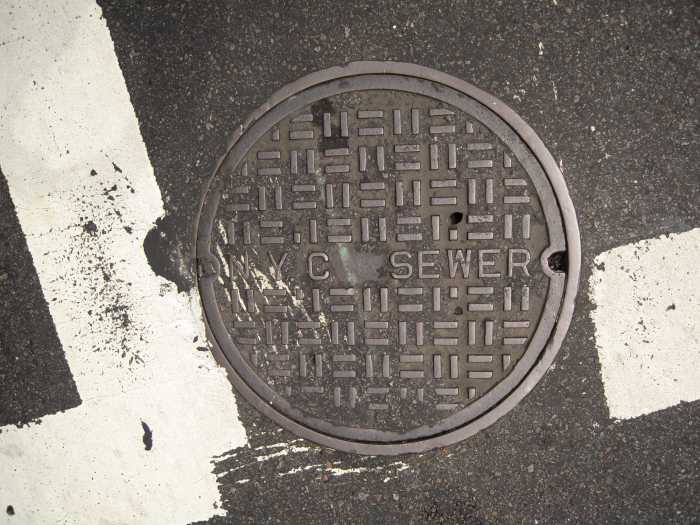When John Petrullo hears an NYPD officer has died by suicide, he is devastated and heartbroken, in part "because we have people here ready to go. Just call us and we’ll be right there."
Petrullo is the director of Police Organization Providing Peer Assistance (POPPA), which operates independently of the NYPD to confidentially connect cops with mental health services — a unique program that could help quell a recent spike in officer suicides.
Cops who call the helpline at 1-888-267-7267 — operated 24 hours a day, seven days a week — speak with off-duty or retired police officers who volunteer with the organization. They often will set up a time and place to meet discreetlyand talk about what’s going on.
“Some cops just call because they need to vent. They just want to talk to another cop. They had a rough day and they don’t need mental health services,” said Petrullo, a retired NYPD officer. “Sometimes, they may benefit from it but they’re just not ready yet and we don’t force anybody … unless they’re suicidal, then there’s a different set of rules.”
The NYPD has been grappling with an increase in officer suicides since June, prompting NYPD Commissioner James O’Neill to declare a mental health crisis. The department generally sees an annual average of four or five suicides, according to O’Neill. Nine officers have died by suicide so far in 2019.
However, this is not the first mental health emergency the department has faced. Twenty-six officers took their own lives over two years, between 1994 and ’95. POPPA was founded in 1996 in response to that crisis.
“The City Council, the mayor’s office, the police department, they all got together and said, ‘Hey what are we going to do?’ Which is kind of like what’s going on now,” Petrullo said.
Since then, mental health professionals estimate the organization has helped prevent about 150 suicides.
In addition to suicide prevention, POPPA works with officers and retirees dealing with substance abuse, stress (both on the job and in their personal lives), PTSD and other mental health issues. The organization relies on more than 250 specially trained volunteers who can meet with and connect cops to its network of about 120 clinicians skilled in working with police officers.
Cops often feel that when they share their traumatic experiences with someone outside of the force, that person can’t truly understand the gravity of their situation, Petrullo said, so they’ve found success in ensuring their clinicians are trained in handling the traumas that officers see on a daily basis.
"To keep everybody safe, it takes a toll on them and most people don’t understand that," he added. "That’s why our clinicians, when we bring them in, we make sure to train them to understand the culture."

Petrullo described the decision to allow POPPA to operate independently of the NYPD while still providing peer-to-peer assistance as a "bold step."
This approach also helps combat the shame and stigma that officers often fear in seeking treatment. Petrullo said one of the first things emphasized to an officer who calls is that reaching out is a sign of strength, not of weakness.
“As a police officer, there’s this built-in idea that we’re the helpers, we don’t need help, and when we do it can be considered a sign of weakness. So, if we’re going to reach out for help, we’ve got to make sure that it’s not going to go anywhere," he said. “Everybody who’s out there answering those calls are doing it on their own time outside of their NYPD responsibilities. And that’s what gives cops confidence that when they call it’s confidential."
The sister of Officer Robert Echeverria, who took his own life on Aug. 14, has said the NYPD’s mental health programs are hampered by officers’ belief that they are not confidential and their careers will suffer if they seek help through official channels.
Eileen Echeverria, who has been critical of the NYPD’s handling of her brother’s mental health issues since the 56-year-old died, said she contacted the department several times to express concerns about threats to harm himself and others, though she did not specify whether POPPA was called.
One of the hurdles POPPA still faces, according to Petrullo, is the misinformation that the organization is part of the NYPD, when it is actually independent of the department.

Over the years, POPPA has tried to evolve its services to meet the needs of officers. As a result, Petrullo said he’s noticed a culture shift, with officers coming to the organization for help long before they are in a crisis.
“Initially, we were dealing with critical cases, very critical — suicide — now a smaller percentage of our calls are suicidal,” he said. “It’s nice to see that some of them are reaching out and saying, ‘Yup I’m just having a tough day.’”
The organization typically receives 400 to 500 calls a year, but there has been an uptick this year, Petrullo said. While the spike in suicides is very concerning, he considers the increase in calls a positive result of outreach and growing confidence in POPPA’s dedication to confidentiality.
“An increase, to me, is good because they’re reaching out. I’m concerned about the ones who don’t reach out, hence the nine suicides that we have,” he said. “In many cases it’s only momentary, it’s going to pass, but if they don’t call us to get on the phone with somebody…” Petrullo trailed off, then sighed heavily.
While the NYPD works on its response to the spate of suicides — including a push to place peer-to-peer counselors in stations — POPPA is considering its own ways of answering the call.
Shortly before four officers died by suicide in June, POPPA started to conduct outreach that involves police officers’ families. The organization now plans to expand that program.
POPPA also recently had a professional lead sessions on how to meditate, and some of its clinicians are working on a program about how to not let job stress interfere with cops’ personal lives.
“We’ve got to keep in mind that police officers, just like average citizens, have their own stuff going on,” Petrullo said. “Which is overwhelming enough for some people, depending one what’s going on, and then you add on that you’re a police officer.”
Petrullo also emphasized that the peer-to-peer counseling that the NYPD is looking to include in stations would be completely separate from POPPA’s operations.
"Confidentiality is our foundation. We would not have lasted 23 years if we let the information we hear get out there."






























